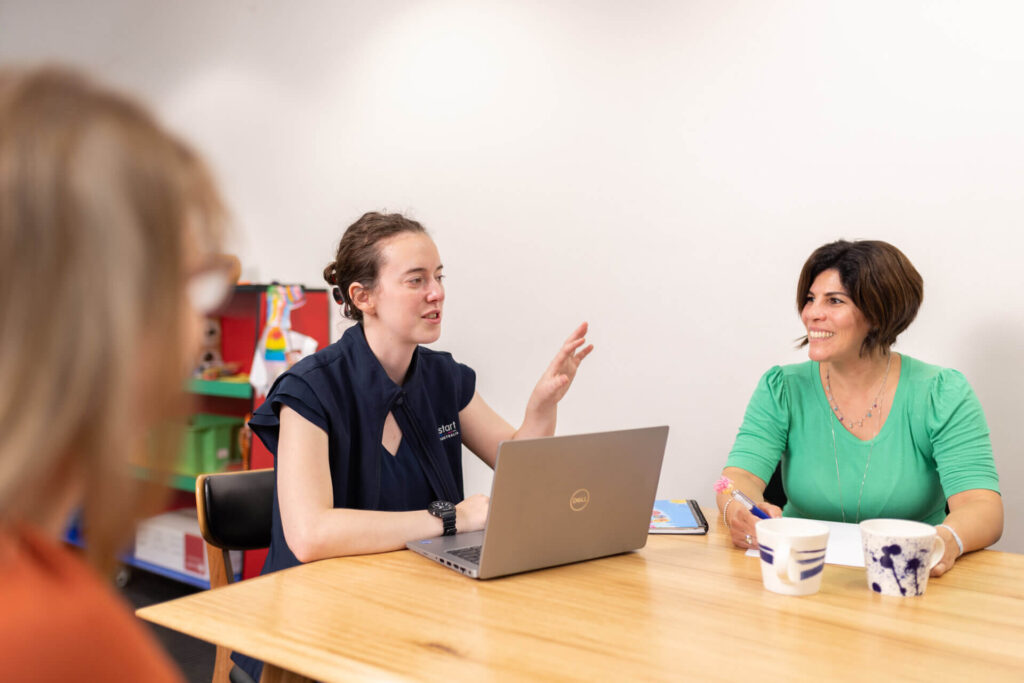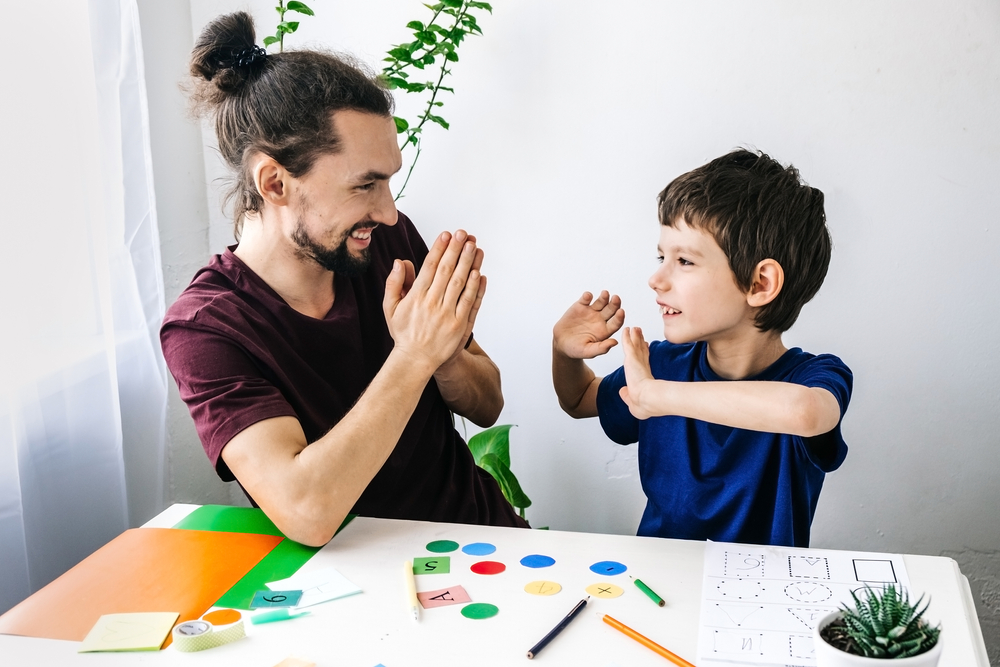How long is realistic for five and six year-old children to pay attention?
By Zac Jessup
A child’s ability to maintain attention is critical for successful participation and skill development, particularly during their first few years of school.
The longer a child can attend to a task, the more opportunity they have for repetition and practice to develop their skills.
Attention is the ability to stay engaged and focused on a task, instruction or person for an appropriate amount of time.
Attention difficulties are a concern because when attention is limited a child may fall behind and not develop the skills and knowledge necessary to progress in the fast paced early years curriculum.
Attention skills for a typical child are generally predictable, however, each child has a unique nature and therefore may face some challenges where other children do not.

During Prep and Year 1, most children can be expected to attend to 1 activity for 10-15 minutes and filter out small distractions that are occurring at the same time.
When an activity is new, a child may need more direct support and with the greater effort of new learning attention span reduces to an expected 5-10 minutes before benefiting from a shift in focus or a break.
The quality of attention is also influenced by the child’s motivation towards the task, self-esteem, their self-belief that they can do the task at hand, skills and physical endurance.
A major contributor to attention is the significance of the environment around the child.
Many children find it hard to maintain their attention if there is background noise or movement around them.
Promoting the levels of attention expected requires both a supportive environment and development of the child’s individual physical, cognitive and sensory skills.
When a balance is achieved, a child can focus for appropriate lengths of time.
One of the keys to achieving this balance is effective preparation.
When a child is prepared, particularly for a task not of interest, they are likely to focus more.
The following strategies can be put in place to support your child to focus and help them if they are struggling to maintain attention:
- Find ways to make the task is meaningful to your child and use their interests to engage them. If the task is not important to your child, then there is likely to be challenged with maintaining their attention.
- Provide your child with structured opportunities to move around and stretch to refresh their focus every 10-15 minutes.
- Heavy work such as carrying items (books/backpack), pushing, pulling, jumping or climbing activities, or animal or wheelbarrow walks are examples of preparatory exercises to support attention.
- Ensure that your child is seated appropriately i.e., both feet flat on the floor, back supported and table at an appropriate height (elbows at 90 degrees to the table).
- A sloped writing board may be useful to raise your child’s work and direct it closer to them, encouraging participation.
- A silent fidget toy can support listening attention. These can look like stretchy animals, small balls or marbles. Direct your child to maintain eye contact on the person talking and not the fidget.
- Review the location of your child’s chair in their classroom, ask their teacher if they could move away from near the door, or window, for example, to be a position of less background noise and visual distractions.
- Praise your child when they are focusing well and let them know how you noticed this.
- If your child has maintained attention for the time you have allocated but not finished the volume of work, still praise them for their attention maintenance and complete the work another time or after taking a break to let them move around and refresh.
- Visual strategies such as reminders, charts or lists can support attention. Reward charts can boost your child’s motivation to engage as they can feel a greater purpose for their participation.
- Give your child a role or responsibility to empower them to own the task or experience, creating more meaning and increasing attention time.
- Keep instructions simple and not too many at a time. A build-up of questions or directions will make it difficult for your child to maintain attention.
- Support your child if they are asking lots of questions as it is through questioning where they can make sense of the instructions, enabling greater understanding and ultimately attention to the tasks.
- Ensure activities are structured so your child knows there is an end point.
- Teach your child about why we use eye contact. We show what we are thinking about through what our eyes are looking at. By looking at the teacher or their work your child shows they are paying attention.
Young children do have short attention spans!
Ensuring your child is motivated, interested and has confidence in their skills or ability to get help are key to promoting good attention skills.
If attention is continually a problem, seeking help from a health professional such as a paediatrician, psychologist or occupational therapist can be very helpful to further understand why and what to do to help your child.









